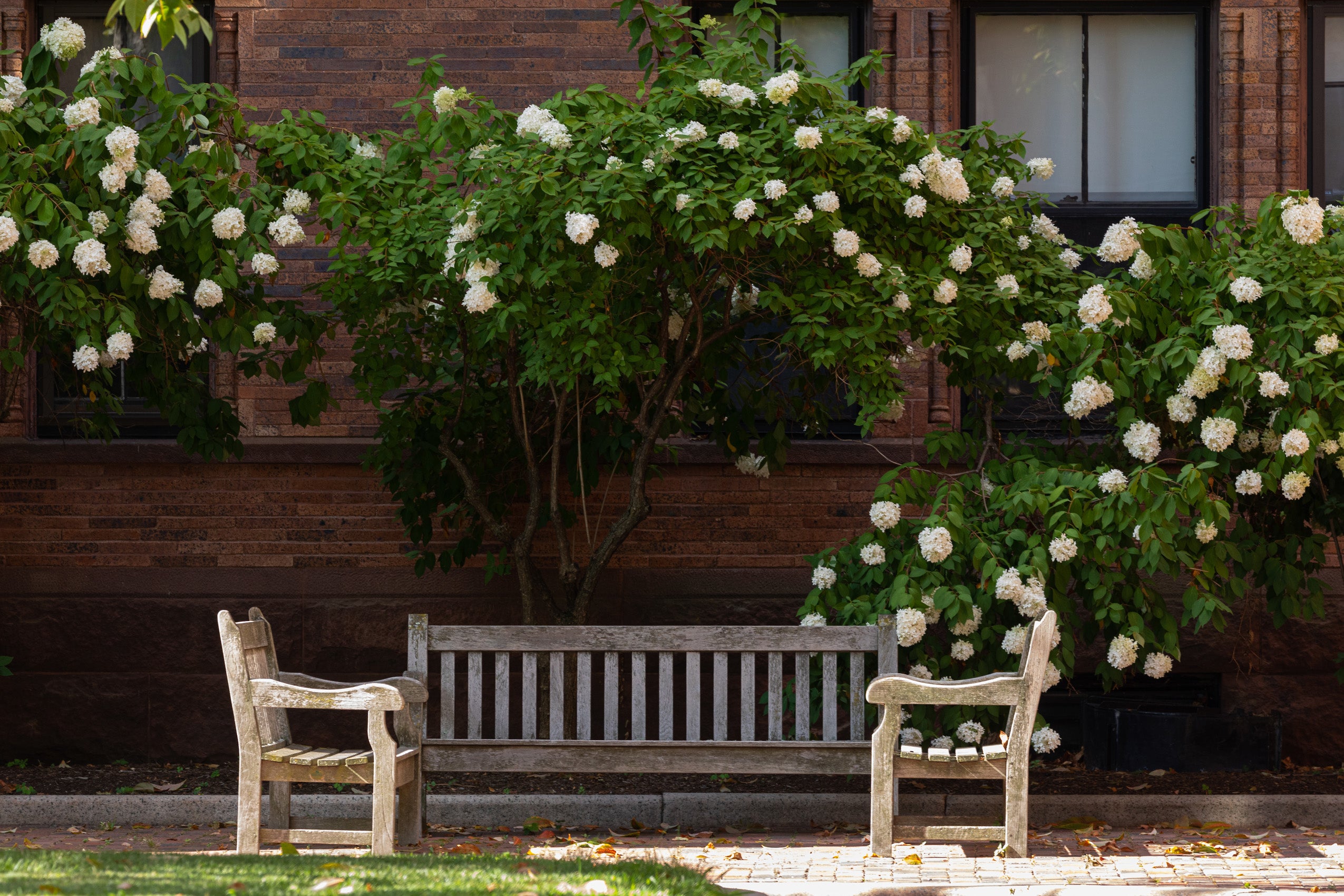
The J.D. Admissions Blog is undergoing maintenance. We are excited to share a revamped blog experience soon. Please check back later in the summer to see what we have in store.
Contact the J.D. Admissions Office
Website: hls.harvard.edu/jdadmissions
Email: jdadmiss@law.harvard.edu